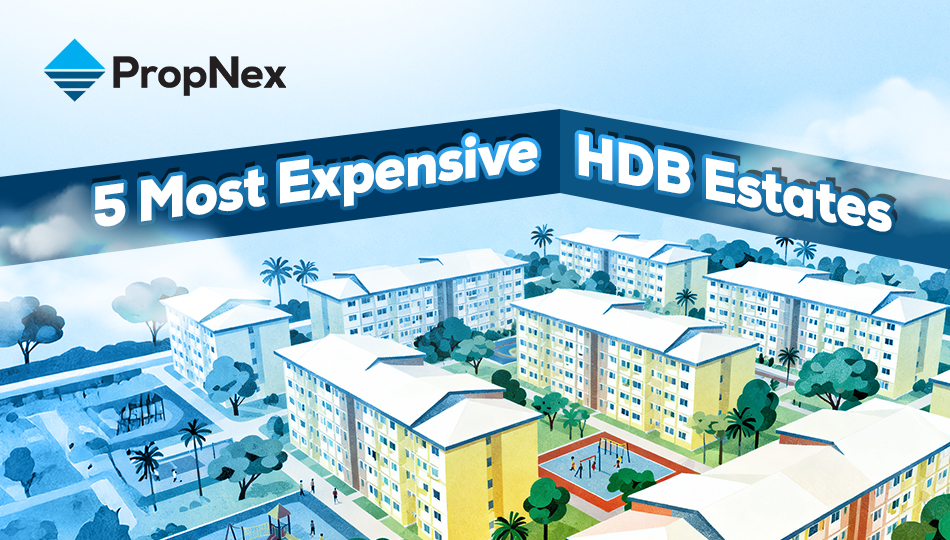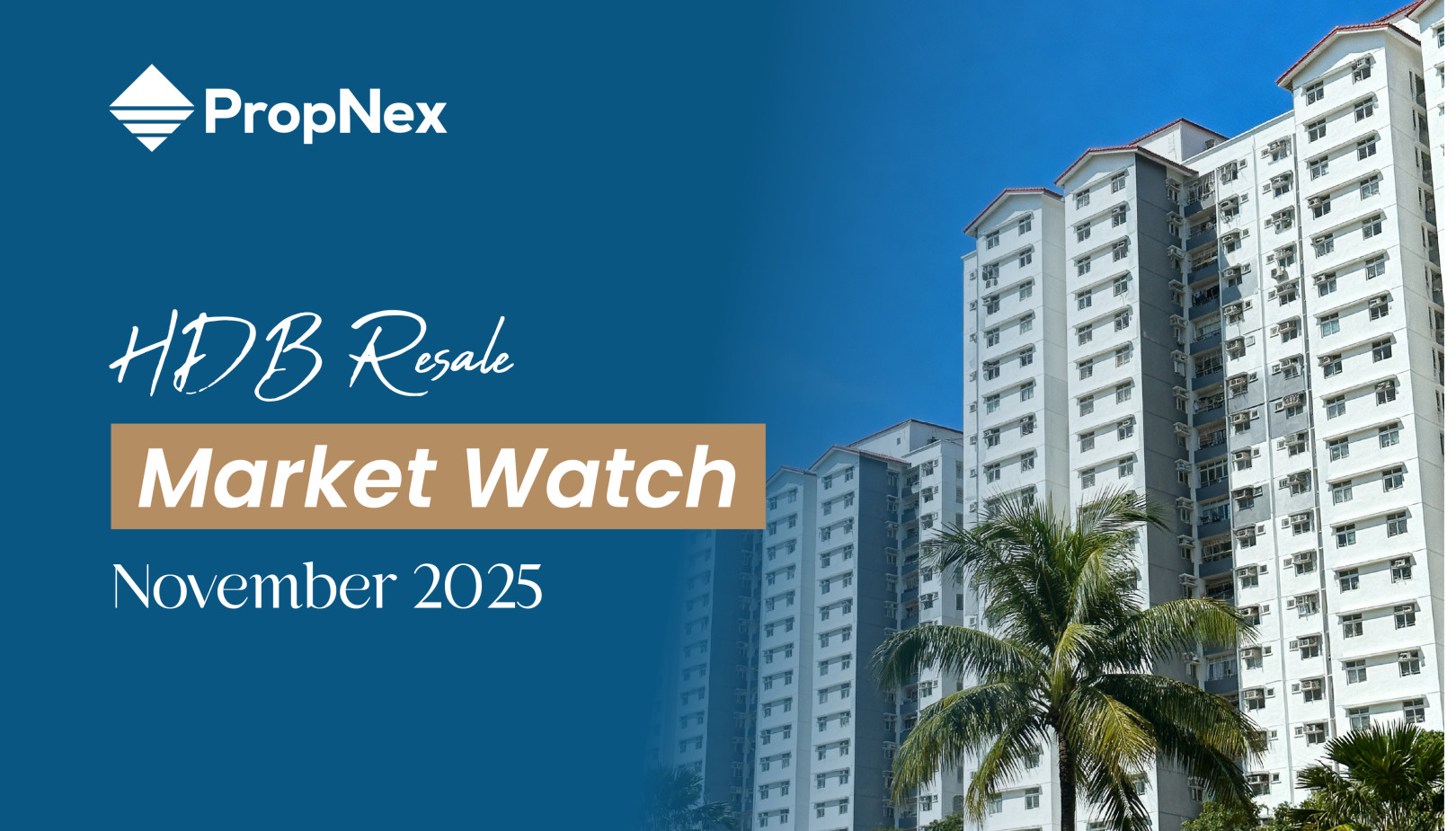Is ABSD Applicable When Inheriting Property?
Mr Alfred Chia BSc, CFP, FChFP, ChFC, SAMP, Affiliate of STEP, IBF Fellow
CEO, SingCapital Pte Ltd
This article is contributed by SingCapital.
First published on Estate Planning Practitioners Limited's newsletter The Custodian Issue No. 16 (pp. 8-9) on February 2021.
Since 2011, the Additional Buyer’s Stamp Duty, or ABSD for short, was introduced as a part of the property cooling measures designed to bring down the heat in the red-hot property market. ABSD charges only apply to residential property.
ABSD Rates on/after 16 December 2021 | |||
Profile of Buyer | First Residential Property | Second Residential Property | Third and subsequent Residential Property |
Singapore Citizens | 0% | 17% | 25% |
Singapore Permanent Residents | 5% | 25% | 30% |
Foreigners | 30% | 30% | 30% |
Entities [includes Additional 5% for Housing Developers (non-remittable)] | 35% | 35% | 35% |
Other measures designed to cool the market include Seller’s Stamp Duty (SSD), changes to Loan to Value, etc. To promote prudent lending and borrowing practices, the TDSR (Total Debt Servicing Ratio) Framework was introduced in 2013.
Property owners and investors have to be mindful of the ABSD as they plan for their next property purchase. This article will look at the impact that the ABSD could have on property inheritance.
Case Illustration: Are beneficiaries with existing properties to their name required to pay the ABSD to inherit another property?
In the case of a direct inheritance, whether with or without a Will, the Buyer’s Stamp Duty (BSD) and ABSD would not be applicable.
Mr. Tan is a widower with three children, and each child has a property under his/her name. He passed away without a Will and his property will be inherited equally by his children. In this case, the children can inherit the property without incurring any BSD and ABSD.
Each child would now have two properties under their names, with the inherited second property co-owned by the three of them. This will add on to their ABSD liability when they purchase additional property.
However, if two of the children wish to sell their share of the inherited property to their eldest brother, he will have to pay ABSD to buy over their share since he already owns one property.
This may not be ideal as additional taxes have to be paid. Mr. Tan could have saved his children the hassle and cost by planning his property succession.
For example, Mr. Tan can assess the financial needs of his children and bequest the property to the child who needs it the most. He can then bequest cash of a similar value of the property to his two other children. He can also create the estate via insurance.
This would ensure that Mr. Tan’s legacy can be inherited by his children without any tax complication. Alternatively, he can also instruct the Executor of the Estate to sell the property and distribute the proceeds accordingly. However, if Mr. Tan wants his property to be handed down to future generations, this method may be unsuitable. Other factors such as Seller’s Stamp Duty (SSD) and Total Debt Servicing Ratio (TDSR) have to be considered as well.
With high property ownership in Singapore, it is important for property owners to strategise their property succession, to ensure that their beneficiaries can inherit the estate smoothly without incurring any additional charges in the process.
Contact to find out how you can take charge of your financial and estate planning journey.












